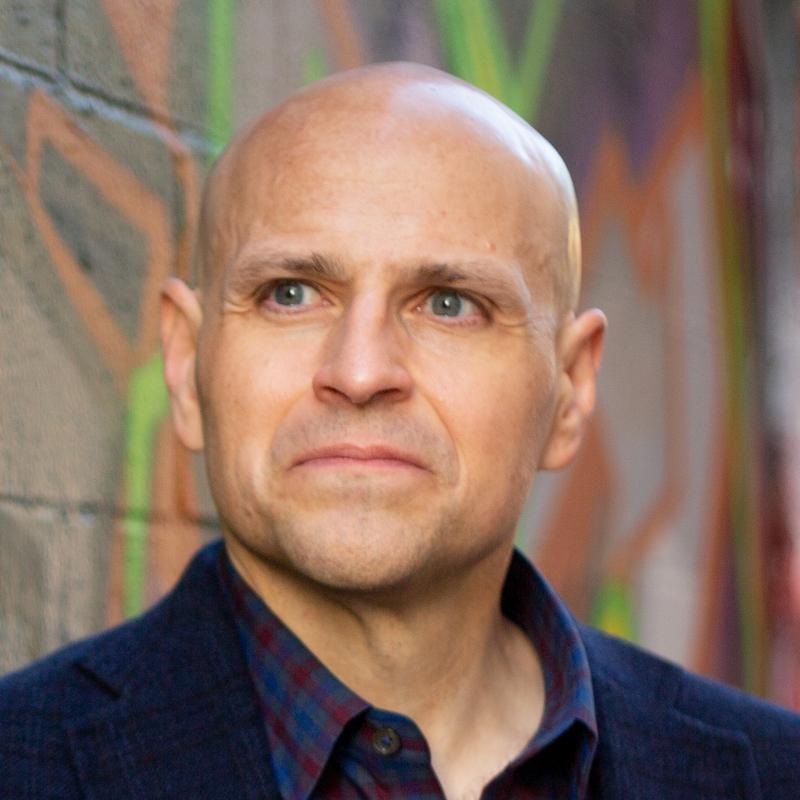
In a recent newsletter I encouraged you to be authentic in the workplace, to make sure your work self is a reflection of your true self. The newsletter was generally well-received, with a lot of positive feedback.
I also got some heartfelt responses that helped me realize how difficult it can be to just “be yourself” when you’re a member of an underrepresented minority group. So today, I’m going to highlight some of these voices on the challenges they face being authentic in the workplace.
Slack product manager Jules Walter wrote a Medium piece with his thoughts:
In general, many minorities choose not to speak up because they don’t want to jeopardize their careers, be disliked, feel like victims, or because their opinions have been ignored in the past. Even if your minority coworkers do not verbalize the isolation and ‘otherness’ that they experience, it does not mean they feel as if they can act authentically, true to themselves, or thrive. … We can all contribute to finding solutions, but many people in tech don’t bother looking for those solutions because they fail to see the problem in the first place.
A reader who would like to be known as “MRW” wrote to me:
Managers must first be willing to undertake the very difficult task of self-reflection and self-examination for bias, prejudice and racism, followed by the necessary anti-racism training. Only then can we be truly competent in creating an environment we all feel safe, supported and appreciated. People of color can very easily detect when a manager—especially a manager who is not of color—isn’t genuine. Anyone can learn the “right” things to say and do, which is all too often the case.
Some other writers I admire have also addressed the topic. Former Googler and current Slack engineer Erica Baker wrote, in a post that has since been deleted:
I am working on re-establishing my authentic self. This process is scary and difficult and will take some time and work. I have to search through myself and figure out what characteristics I’ve dropped in order to fit in. I have to sift through my personality and pick out the bits that aren’t really me. I have to understand who I am without the detritus of the habits and behaviors I’ve picked up while trying to assimilate.
Makinde Adeagbo shared an experience where being himself meant feeling ostracized:
I thought about all the discussions I’d heard about being able to bring one’s full self to work. Why should I have to filter and hide my past to avoid the spotlight? I truthfully told my interview story and, as I had expected, the room went silent. It felt as if the entire session had stopped and no one knew what to say. Sadly, I wasn’t able to regain my focus for the rest of the meeting.
And my former JotSpot and Google co-worker Leslie Miley shared:
Is a prerequisite to working in tech as a minority that one is expected to, in the eyes of the majority, sublimate your racial identity to ensure a cultural fit?
As these writers remind us, authenticity isn’t so easy when you’re reminded at every turn that you’re an outsider. They speak to the importance of awareness, and working to create an environment where employees and co-workers (especially minorities) feel that the company gets it. Welcoming authenticity in others is even more important than finding it in yourself.
I suggest you read and reflect on each of these pieces. Thank you to everyone who shared their thoughts on this topic, and in particular to Jules Walter for reviewing drafts.
Good Reads
Adam Grant’s op-ed from The New York Times takes the extreme view: “Unless You’re Oprah, ‘Be Yourself’ Is Terrible Advice.” The title is certainly provocative, but Grant seems to think authenticity means that every thought that crosses your mind exits your lips:
A decade ago, the author A. J. Jacobs spent a few weeks trying to be totally authentic. He announced to an editor that he would try to sleep with her if he were single and informed his nanny that he would like to go on a date with her if his wife left him. He informed a friend’s 5-year-old daughter that the beetle in her hands was not napping but dead. He told his in-laws that their conversation was boring. You can imagine how his experiment worked out.
Um, no. To me, authenticity means narrowing the distance between who I am, and who you think I am. I cease trying to be someone else and start trying to be myself. As I wrote before, authenticity doesn’t mean acting exactly the same in different environments. Grant finishes:
Next time people say, “just be yourself,” stop them in their tracks. No one wants to hear everything that’s in your head. They just want you to live up to what comes out of your mouth.
And to that, I will agree. In fact, “live up to what comes out of your mouth” sounds to me like an excellent definition of authenticity.
Global internet and smartphone user growth is slowing. That’s one of the conclusions from Mary Meeker’s Internet Trends Report. Higher penetration in developed markets means growth is leveling off. In developing markets, smartphones are still extremely expensive (15% of per capita income in Vietnam, for example).
The Breakout List. Thanks to reader Niraj Pant for sending me a link to this site that helps job-seekers identify high-growth companies. As I wrote last week, early career PMs should target these types of companies. (This list is good, but seems to be a couple quarters out of date.)
“Teams that fall in love with a problem have more successful outcomes than teams that fall in love with particular solutions.” Julie Zhuo has some excellent advice for product builders.
